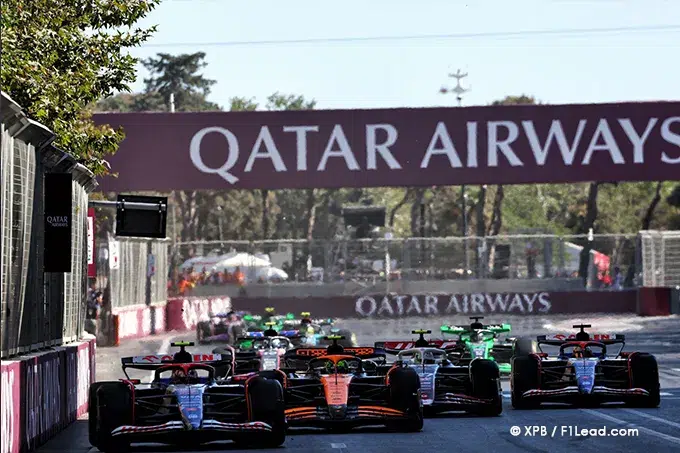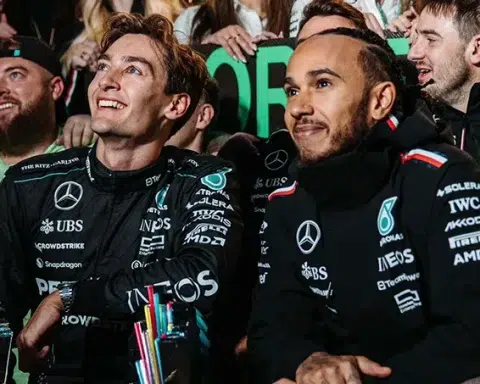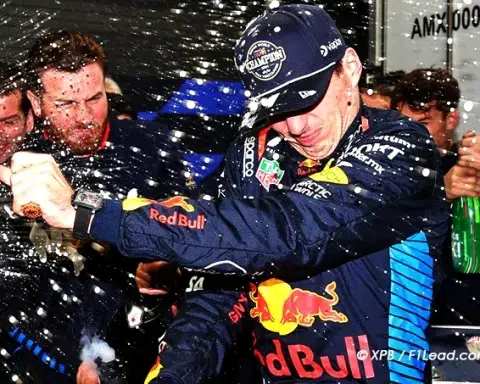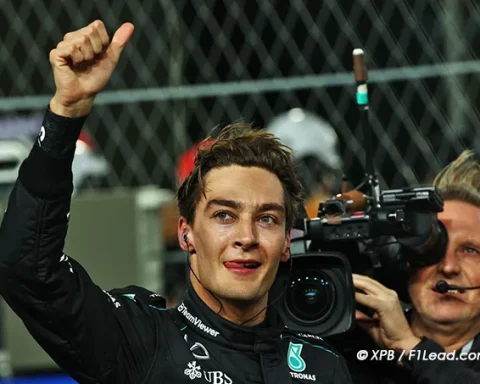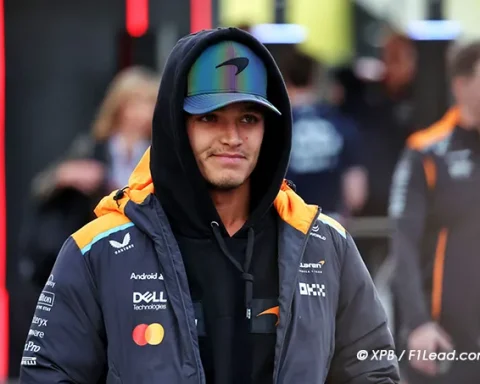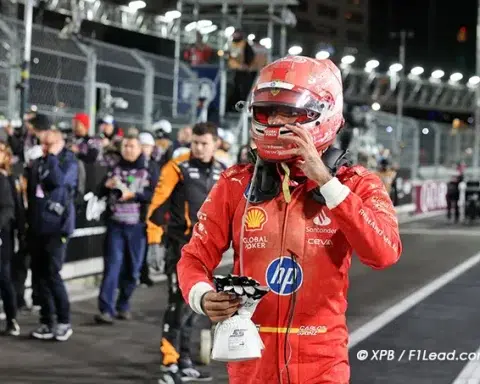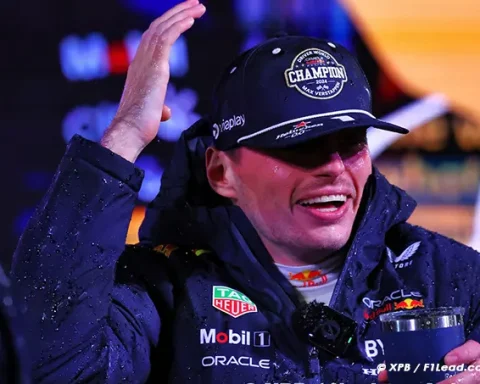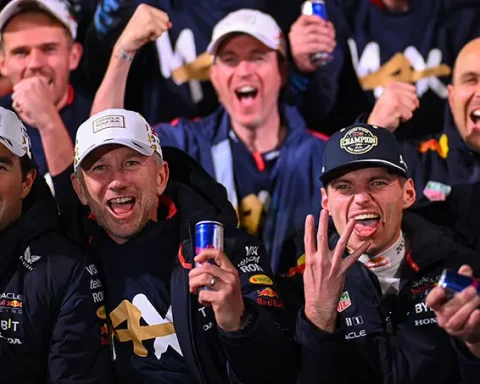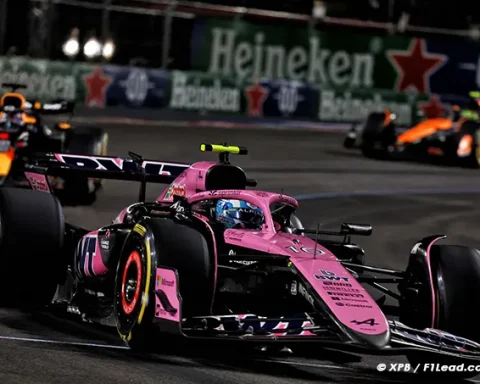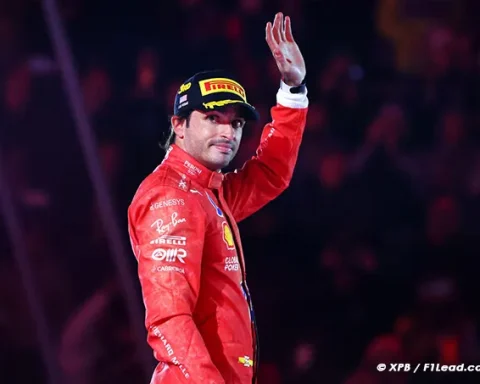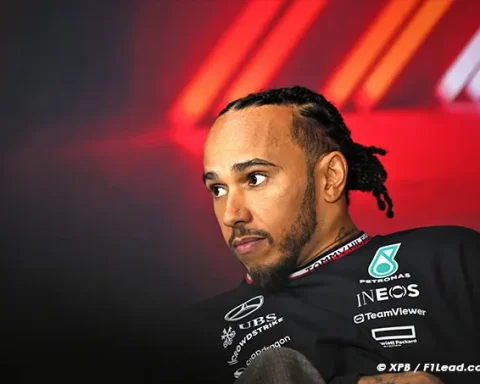The F1 budget cap, introduced in 2021, aims to boost competition. Teams and experts now see it creating tighter races and fairer standings.
Since 2021, F1 has been operating under a budget cap aimed at leveling team performance. While Red Bull’s dominance over the past two seasons drew criticism, opinions are shifting, as seen with Williams F1 director James Vowles, who believes it’s the solution for better financial management.
“We need to be both a sport and a business,” said Vowles. “We must realign with the budget cap. Every pound spent will matter and shape the next ten years of F1, maximizing efficiency.”
“Instead of tenths of a second, we’re talking milliseconds. What this has created is closer racing—teams can now allocate resources differently to achieve results.”
Vowles is confident F1 is making the right decisions for leveling performance and enhancing the on-track spectacle: “I think this will be even more evident in 2025. By then, you’ll have four or five teams capable of winning a championship, all able to win on any given weekend.”
“The question isn’t whether we can overtake, but whether we can create an environment where these elite athletes perform on the global stage every week.”
“And the choices they make, which define a race’s outcome, you can almost see them making in the car. The unpredictability is that you don’t know who will win the race. You don’t, and I don’t.”
“There are overtakes, but I believe an overtake should be hard-fought. It shouldn’t be a given. When you watch an overtake, you should really feel the risk involved. I think we’re on the right track.”
Has F1 already changed enough?
Some in F1 believe, on the contrary, that the top category doesn’t need major changes but rather should refine its direction to ensure the maximum number of races are exciting.
“I honestly don’t think we need big changes in Formula 1 today,” says Mario Isola, Pirelli’s head of competition. “Many races have been very exciting. There’s been a lot of action on track, with overtakes.”
“What we want as spectators are these kinds of races. I think we can refine some elements; races with two pit stops are more interesting than those with just one strategy.”
For F1 CEO Stefano Domenicali, the key was to end long cycles of domination: “We live with cycles. The people who win all the time are an anchor point to say it’s something special, because if there’s too much of it, it becomes too easy. So, it depends on how you look at it.”
“It’s important to keep the focus on the sporting action on track. I think we go through years where we have a dominant team and driver without affecting the nature of the sport — this is something we’re trying to address through regulations. Not artificially, but by making the competition tighter without changing the rules — for example, with the introduction of the budget cap.”
Domenicali also speaks about the ATR, the development handicap: “To help everyone understand the limits of development spending and to allow more teams to be competitive, the rate of development has been reduced to a minimum.”
“We want to have the right technology to allow drivers to maximize their potential. People want to see heroes and want to ensure that these heroes have the right tools to make that possible on track.”
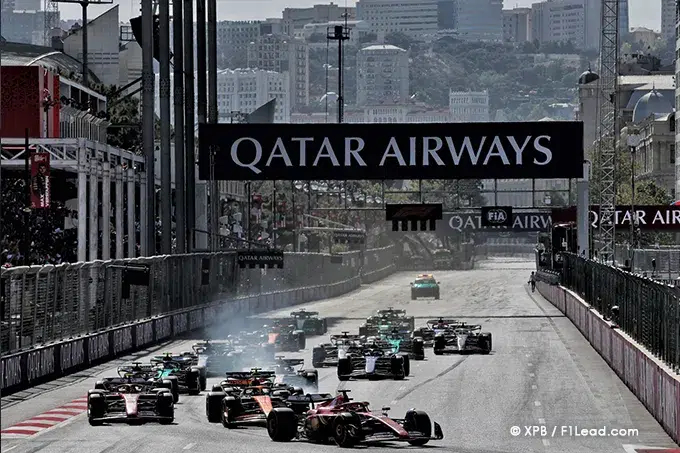
- You may also like>Leclerc Eyes 2025 Glory, Stays Silent on Hamilton Advice
- Also make sure you follow us on social media>Facebook and>Twitter
Closer Racing in F1: Budget Cap’s Impact Takes Shape Closer Racing in F1: Budget Cap’s Impact Takes Shape
